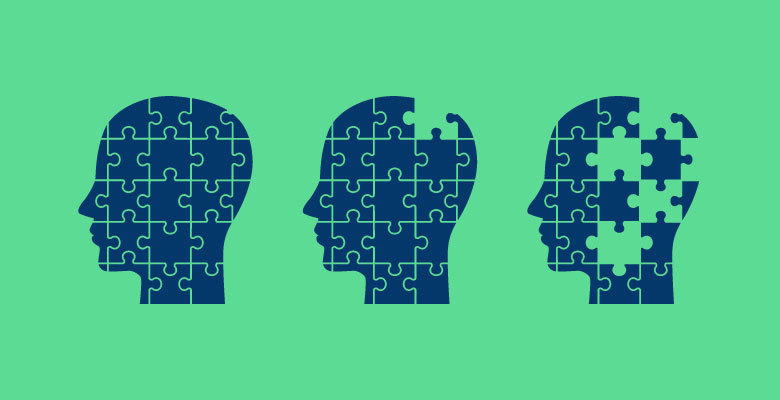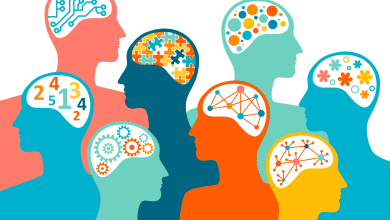Healing the divide


By Cecilia Chan
Gerontologist
Dementia Advocate & Activist
Let me share a true story about Charlie (obviously not his real name). Charlie is living with dementia. Besides having dementia, he also has his wife, children, and grandchildren. Perhaps Charlie can no longer fulfill all the roles in the way that he once did but the status of spouse and fatherhood cannot be taken away from him just because of his status of having dementia. It is because of this that his family continues to involve him in their lives. His children talk to him as a father, not as a stranger. Even at times when he may experience some disorientation, that doesn’t erase his position as a father. Does a person stop being a spouse, a son, or a brother if he had an accident and becomes paralyzed and now is unable to fulfill some of his responsibilities because he is now disabled? Just think about it. What would diminish his personhood, his social self? Our social self depends for its existence on being recognized by other people. How others behave towards us, and talk about us confirms us in our role as their parent, child, friend, etc. Their behavior also expresses the value that we have for them in that role. Do they treat us as if we don’t exist or do they acknowledge our presence?
People living with dementia need us to treat them as a person of value. If we ignore them, talk about them as if they weren’t there, and treat them as if they are a member of the living dead, we are showing them that they no longer have a valid social identity in our eyes.
When Charlie eventually had to be transitioned into a care facility, his wife, who knew him so intimately, wrote Charlie’s life story for the staff of the facility. She knew what was important for staff to know. She knew of his Japanese wartime fears when he would often stay dressed at night ready with his packed bag, standing by if he had to make a quick dash in case of any bombing. Some nights he would stay dressed throughout the night. Charlie’s wife was able to let the staff know this was part of his life story. When the staff are equipped with this knowledge they realize, ‘This is why Charlie needs to stay dressed at night and needs his packed bag.’ If they were not aware of this history, the staff might have prescribed unnecessary tranquilizers to calm him down. Instead, they could see the world from his perspective and support him. This makes a whole world of difference to Charlie’s quality of life and also provides the staff with a deep sense of satisfaction.
The staff also learned to meet Charlie in continually new ways. Sometimes it may include entering into his memory rooms as he repeated for the umpteenth time his memory during the Japanese occupation as if it were now and they were his ally. And then there were the tranquil moments in which they held hands and were silent watching the sunset and sharing presence.
This true story about dementia portrays a different reality than the usual tragedy-ridden narratives.
Dementia is an appeal to our humanity. Dementia is not our tragedy. The real tragedy is our legacy: how our societies have come to view humanness as an individualized substance, to which differential statuses can be attributed.
We must understand that the independent, healthy, and wealthy are not ‘the norm’, there is no ‘norm’..
Life is full of circumstances that we may or may not see coming. We are social beings, so we should be able to live in a society that will uphold us regardless of our circumstances.
Maybe we can challenge the old misunderstandings, and treat affected people still as full people, with minds of their own, who are entitled to the total respect of others. In that case, people with dementia will have the opportunity to live full and satisfying lives. More importantly, they can still share their lives with us.
Recently, I attended a Zoom meeting discussing the recent controversial advertisement called The Long Goodbye. (Do watch it to understand why it is so controversial).
I want to share what Maxine Linnell ( who is living with Dementia, from the UK) expressed.
“Maybe you can listen to what we communicate, to what we feel, to our humanity, to our personhood. Maybe you can respect and empathize with us, rather than dismiss and patronize us. Maybe you could learn something from us. Maybe we could get closer to each other, not divided and distant.”
Let me end by quoting Mother Theresa.
Human rights are not a privilege conferred by the government. They are every human being’s entitlement under his humanity.


